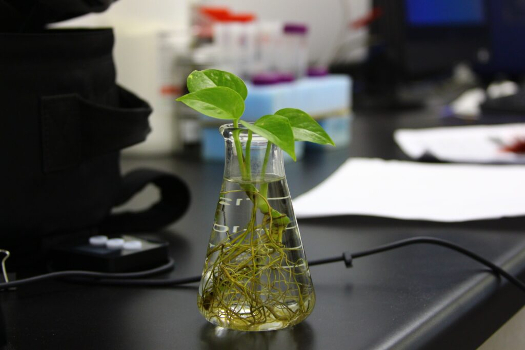Just published your Research Article? Why stop there?
Visibility and openness of research is essential for academic development and discovery. As well as the traditional Research Article, F1000Research offers a range of alternative publishing formats, including Method Articles, allowing you to gain credit for each step of your research journey.
Method articles describe a new experimental or computational method, test or procedure, and should have been well tested. This includes new study methods, substantive modifications to existing methods or innovative applications of existing methods to new models or scientific questions.
Hate research waste?
So do we.
That’s why we offer a wide range of non-traditional article types, allowing you to tell the full story of your research.
When can I publish a Method Article?
There are several stages within the research journey when a Method Article could be published, including:
Planning
Publishing a Method Article during the early stages of your research project enables you to receive feedback earlier in the research process, allowing you to identify problems in your methods early on, while they can still be fixed.
Data Collection
As you progress through your research project, you may edit or refine your methodology. Publishing your Method Article at this stage helps to ensure any changes are accounted for, allowing others to accurately reproduce your study. F1000Research’s versioning process complements this by allowing you to publish revised versions of your article at any time.
Analysis
Often, traditional Research Articles don’t afford enough space for a comprehensive breakdown of the methods. Therefore, following up your Research Article with a Method Article ensures that your methods are described in detail for others to easily reuse and reproduce.
The Benefits
Publishing a Method Article with F1000Research offers several benefits for you and the wider research community.
For you
Obtain a unique, persistent identifier for your method, enabling it to be more easily discovered and cited
F1000Research’s rapid publication model allows for immediate impact
Minimize research waste with credit for each step of your research journey
Can lead to new collaborations
Supports subsequent publication of your study results as it demonstrates that the methodology has been thoroughly peer-reviewed
For the community
Can lead to new, unexpected discoveries
Provides research material for those with little or no funding
Encourages improvement and validation of research methods
Reduces duplication efforts
Featured articles
How to put plant root uptake into a soil water flow model [version 2; peer review: 2 approved, 1 approved with reservations]
Dong X.
Read the article
CODECHECK: an Open Science initiative for the independent execution of computations underlying research articles during peer review to improve reproducibility [version 2; peer review: 2 approved]
Nüst D and Eglen SJ.
Read the article
Adapting the 3D-printed Openflexure microscope enables computational super-resolution imaging [version 1; peer review: 2 approved]
Grant SD, Cairns GS, Wistuba J and Patton BR.
Read the article

